What are the Abraham Accords and why are they under threat?
The 2020 agreements would be 'undermined' if Israel annexes West Bank, UAE warns
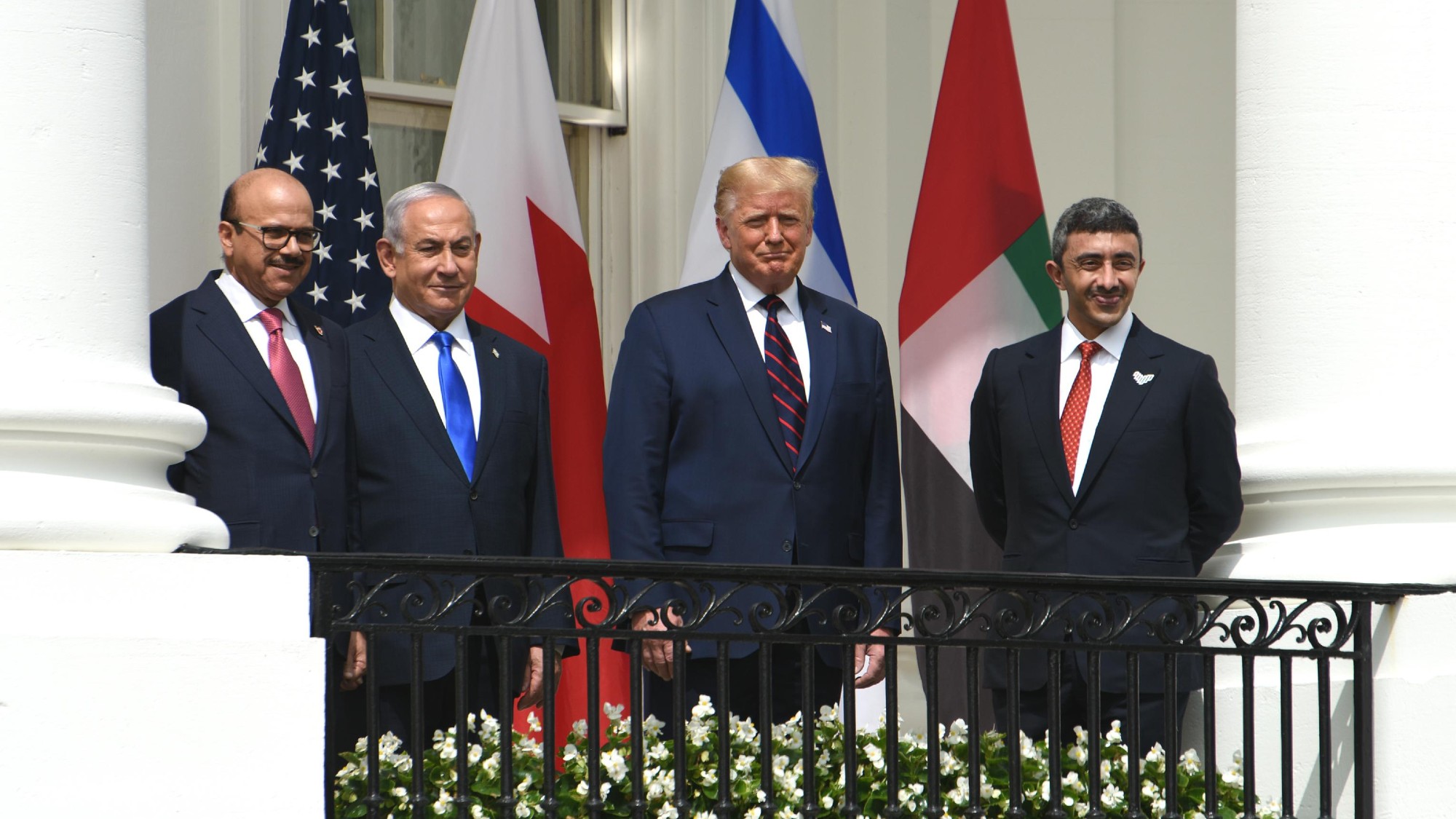
The United Arab Emirates has warned Israel that annexing the occupied West Bank would "severely undermine" the "vision and spirit" of the Abraham Accords.
The agreement, brokered in 2020 by the US, saw the UAE and Bahrain establish full diplomatic relations with Israel. But its standing has been called into question since the 7 October attacks and Israel's subsequent military operations in Gaza and the West Bank.
What are the Abraham Accords?
The Abraham Accords are a series of agreements between Israel, UAE and Bahrain, normalising Israel's relations with the Arab nations. The initial accords, which were mediated by the US, were signed on 15 September 2020.
The Week
Escape your echo chamber. Get the facts behind the news, plus analysis from multiple perspectives.

Sign up for The Week's Free Newsletters
From our morning news briefing to a weekly Good News Newsletter, get the best of The Week delivered directly to your inbox.
From our morning news briefing to a weekly Good News Newsletter, get the best of The Week delivered directly to your inbox.
The agreements established diplomatic ties between Israel and Arab states for the first time since the 1994 Jordan-Israel agreement and the 1979 Egypt-Israel agreement. They led to the appointment of ambassadors and increased trade and cooperation between the countries. In December 2020, Sudan and Morocco joined the accords.
Why are they controversial?
The treaties "broke with long-standing foreign policy consensus treating peace with the Palestinians as a condition for Israel's more thorough integration with the Arab world", said The Washington Post.
The decision to normalise relations with Israel without securing progress towards a Palestinian state was met with dismay by many citizens of the signatory nations, as well as across the Middle East more generally.
Regional analysts said the signing of the accords "contributed to Palestinian alienation" that fuelled the 7 October attacks.
A free daily email with the biggest news stories of the day – and the best features from TheWeek.com
Why are they under threat?
After Bezalel Smotrich, Israel’s finance minister, unveiled a proposal for the annexation of approximately four-fifths of the West Bank, Emirati foreign ministry official Lana Nusseibeh said that the UAE had always viewed the accords "as a way to enable our continued support for the Palestinian people" and their aspiration for a state. "Annexation in the West Bank would constitute a red line for the UAE," she said.
In recent weeks, Emirati officials have spoken to both the White House and the Israeli government to warn of the consequences of annexation, according to sources.
Will Donald Trump intervene?
Trump, who oversaw the signing of the Abraham Accords in 2020, wants to see the agreement expanded, rather than diminished; recruiting Saudi Arabia being "the ultimate prize", said the Media Line. Asked about the overall motivation of the US president, Hadas Lorber, head of the US-Israel project at the Institute for National Security Studies, said Trump "wants a Nobel Prize".
Trump is "likely the only foreign player" who could stop Israel from annexing the West Bank, said Axios. The UAE’s message is that failing to do so would mean a "key aspect of his foreign policy legacy could unravel".
Chas Newkey-Burden has been part of The Week Digital team for more than a decade and a journalist for 25 years, starting out on the irreverent football weekly 90 Minutes, before moving to lifestyle magazines Loaded and Attitude. He was a columnist for The Big Issue and landed a world exclusive with David Beckham that became the weekly magazine’s bestselling issue. He now writes regularly for The Guardian, The Telegraph, The Independent, Metro, FourFourTwo and the i new site. He is also the author of a number of non-fiction books.
-
 Breaking news: the rise of ‘smash hit’ rage rooms
Breaking news: the rise of ‘smash hit’ rage roomsUnder the Radar Paying to vent your anger on furniture is all the rage but experts are sceptical
-
 Did markets’ ‘Sell America’ trade force Trump to TACO on Greenland?
Did markets’ ‘Sell America’ trade force Trump to TACO on Greenland?Today’s Big Question Investors navigate a suddenly uncertain global economy
-
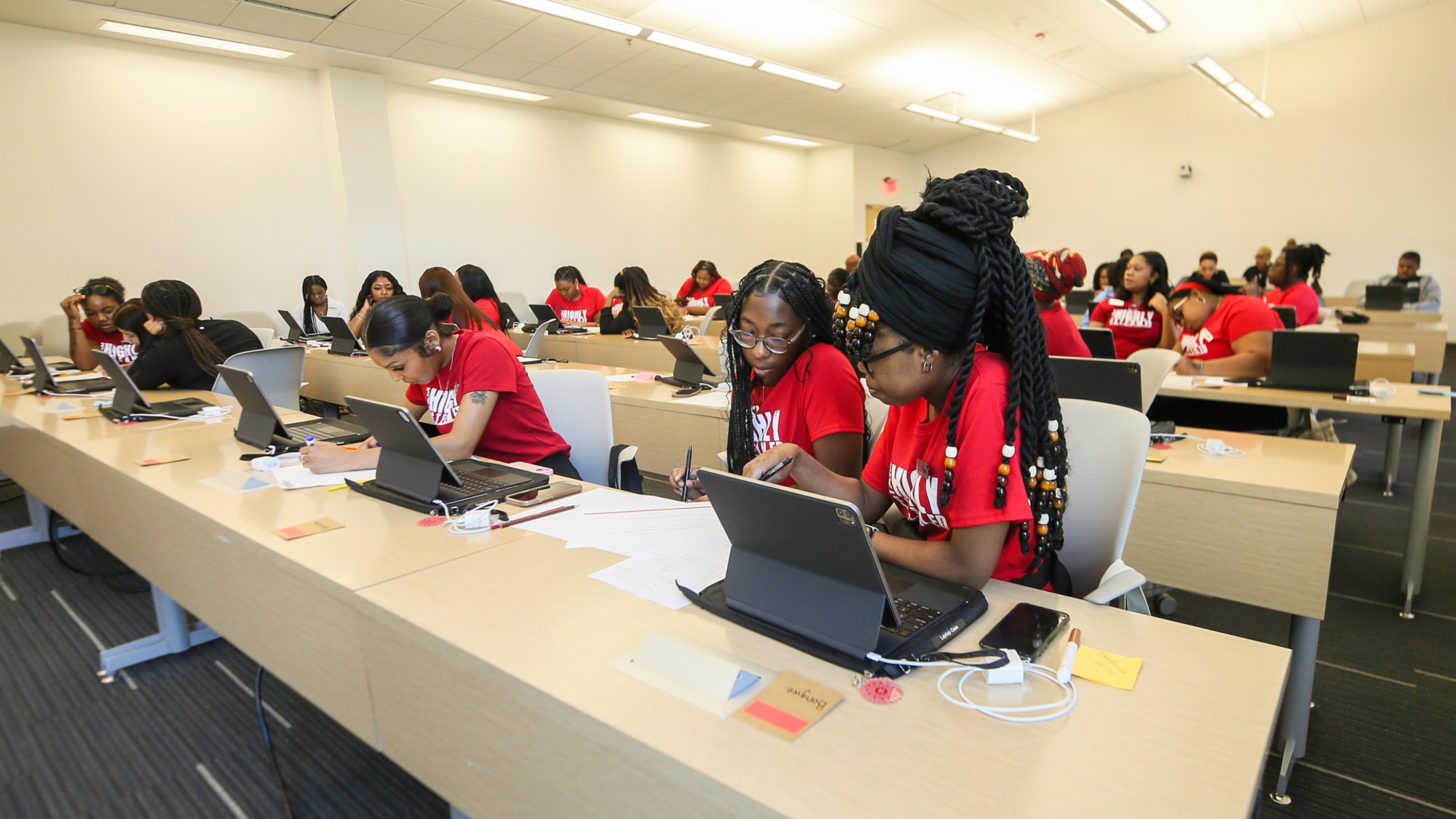 ‘We know how to make our educational system world-class again’
‘We know how to make our educational system world-class again’Instant Opinion Opinion, comment and editorials of the day
-
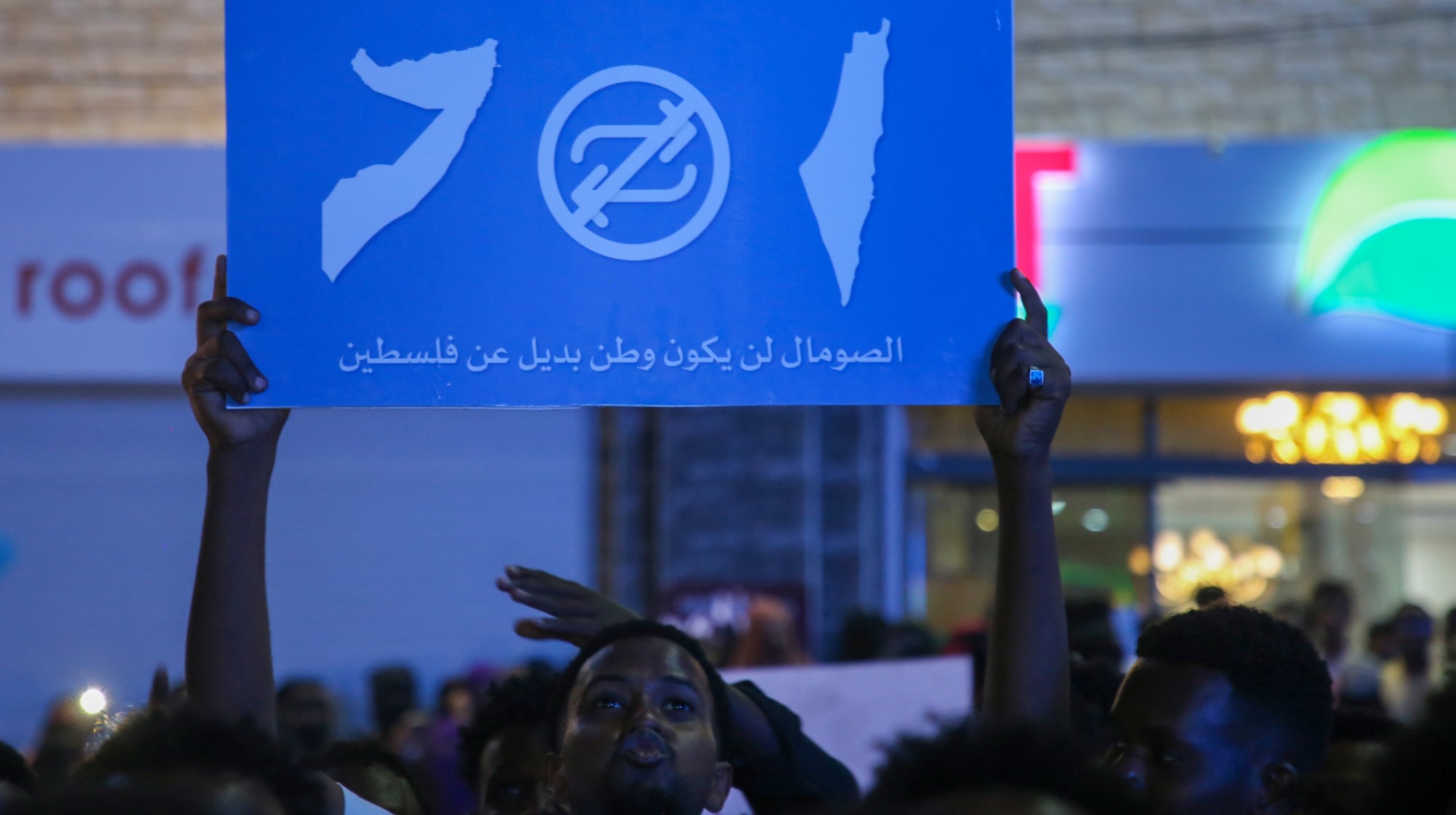 Why recognizing Somaliland is so risky for Israel
Why recognizing Somaliland is so risky for IsraelTHE EXPLAINER By wading into one of North Africa’s most fraught political schisms, the Netanyahu government risks further international isolation
-
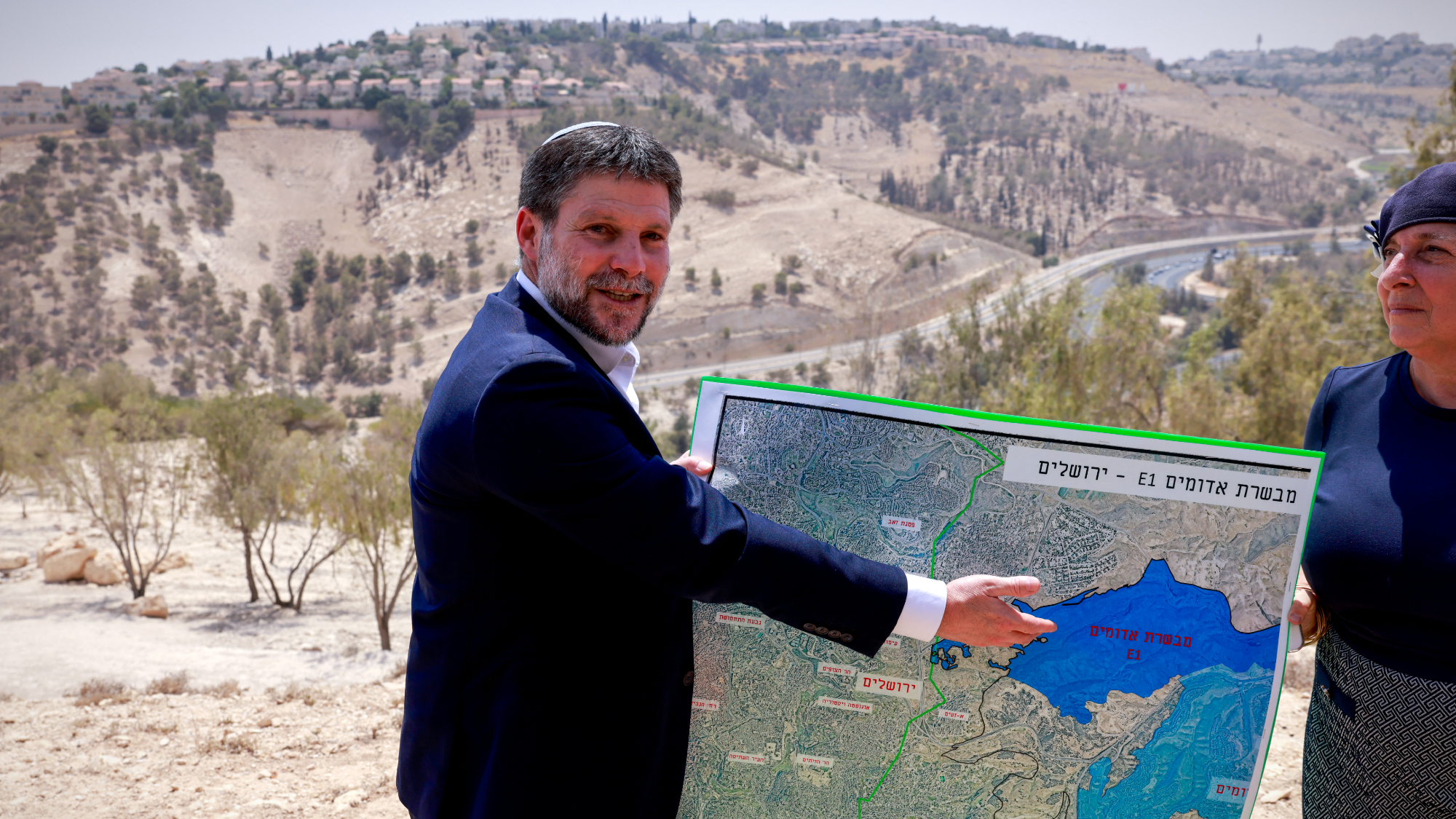 Israel approves new West Bank settlements
Israel approves new West Bank settlementsSpeed Read The ‘Israeli onslaught has all but vanquished a free Palestinian existence in the West Bank’
-
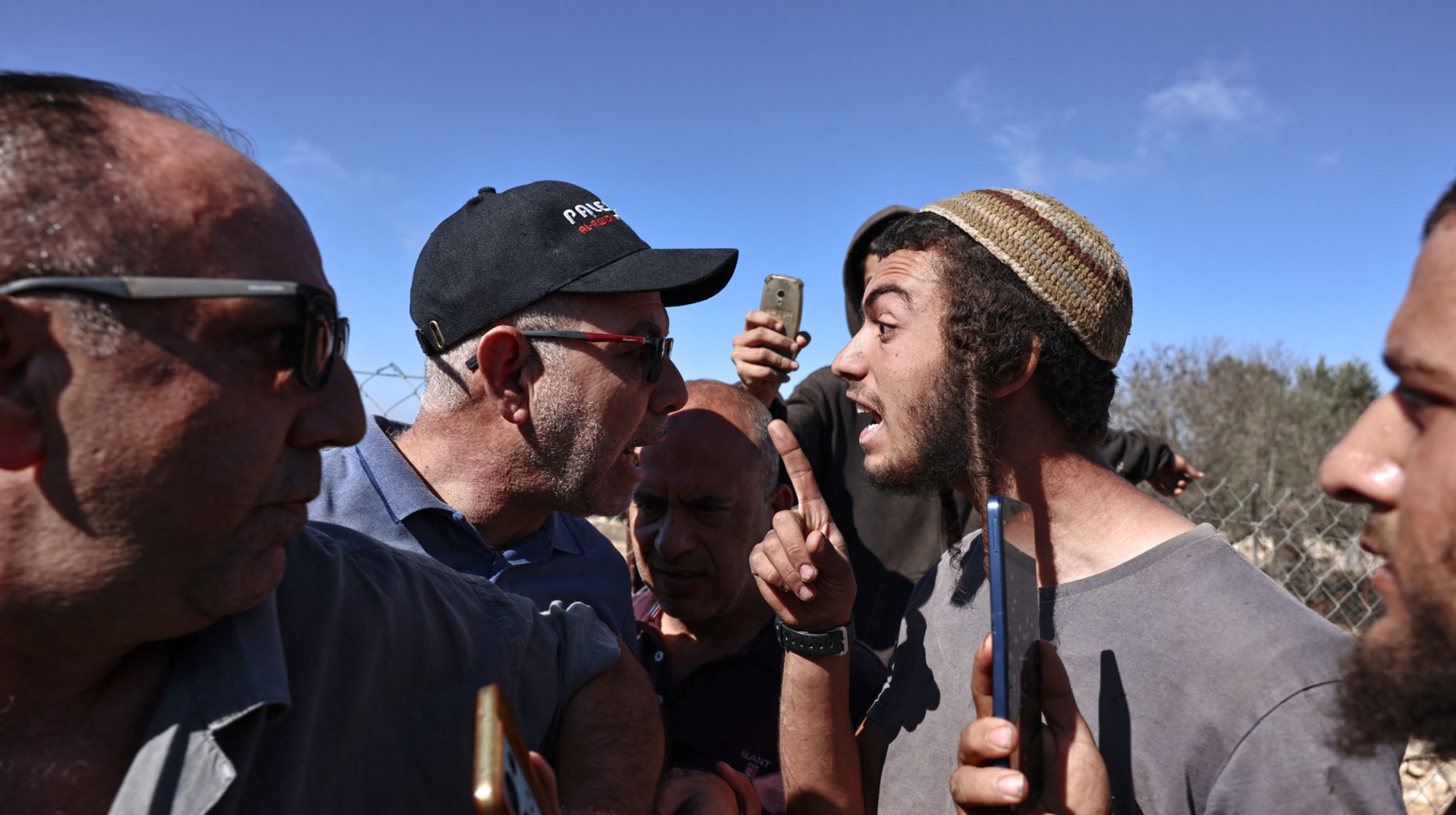 Israel jolted by ‘shocking’ settler violence
Israel jolted by ‘shocking’ settler violenceIN THE SPOTLIGHT A wave of brazen attacks on Palestinian communities in the West Bank has prompted a rare public outcry from Israeli officials
-
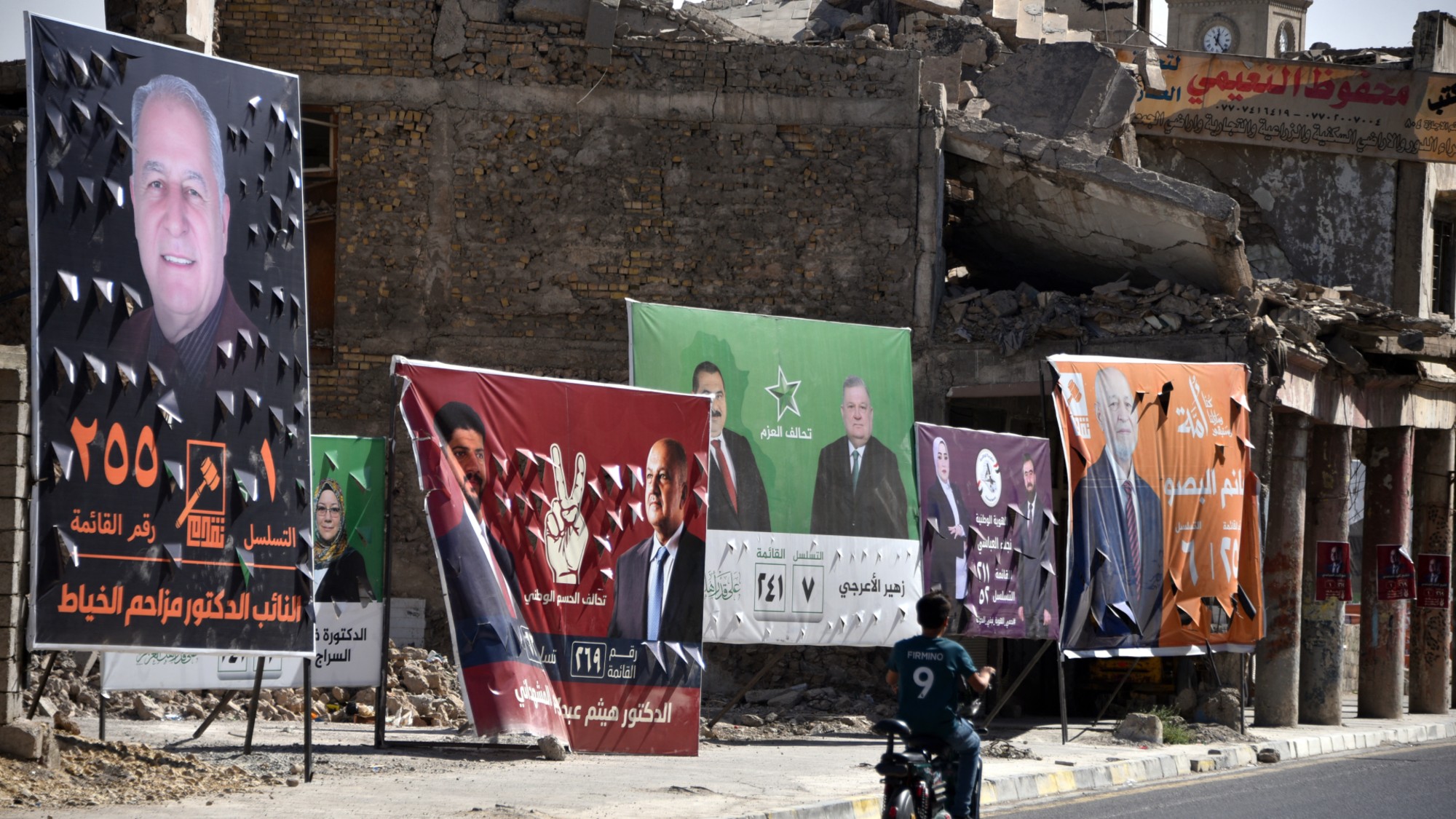 Why these Iraqi elections are so important
Why these Iraqi elections are so importantThe Explainer The US and Israel are increasingly pressuring Baghdad to tackle Iran-backed militants, while weakened Iran sees Iraq as a vital remaining ally
-
 Massacre in Darfur: the world looked the other way
Massacre in Darfur: the world looked the other wayTalking Point Atrocities in El Fasher follow decades of repression of Sudan’s black African population
-
 Israel arrests ex-IDF legal chief over abuse video leak
Israel arrests ex-IDF legal chief over abuse video leakSpeed Read Maj. Gen. Yifat Tomer-Yerushalmi had resigned from her post last week
-
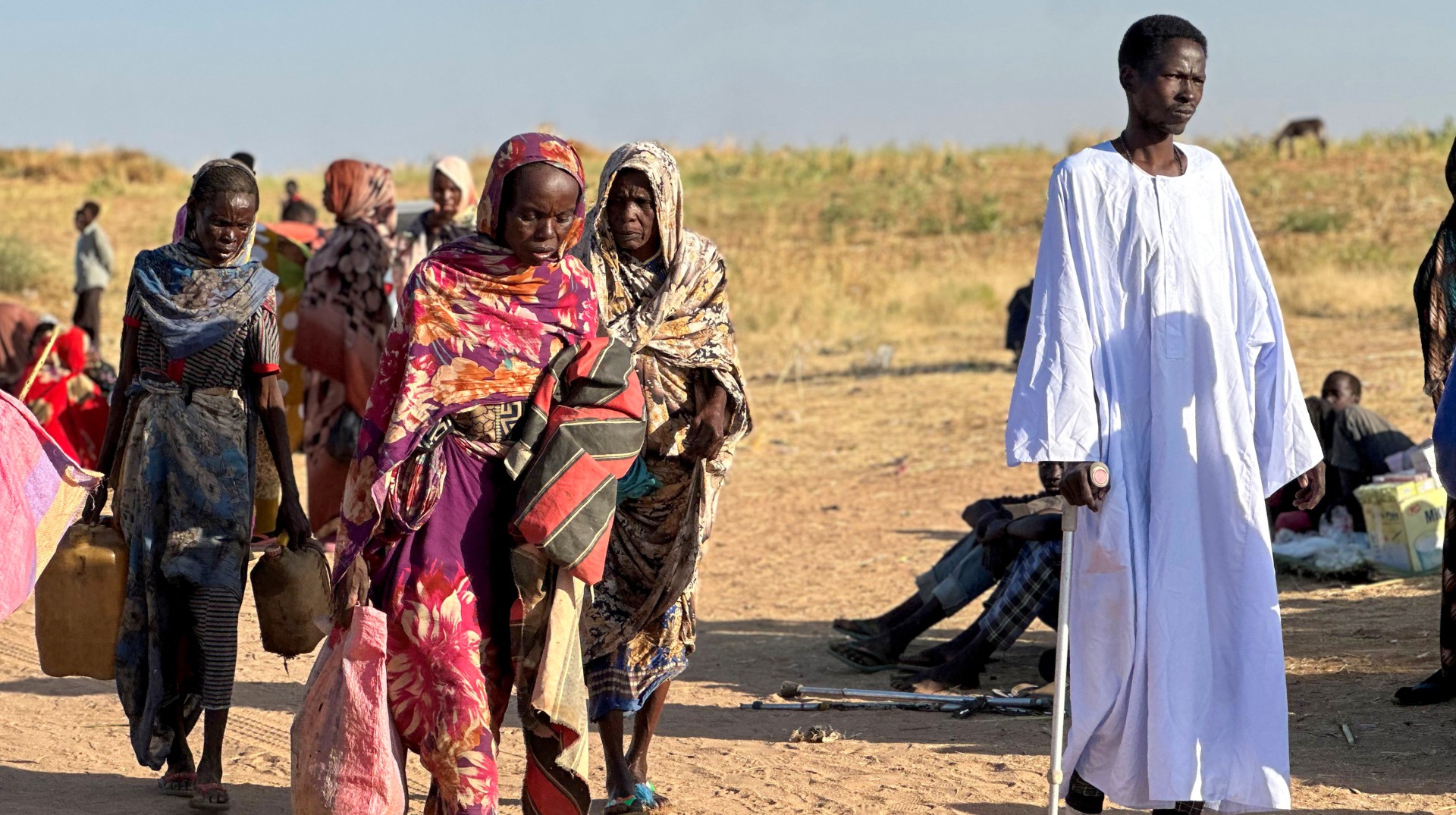 Sudan stands on the brink of another national schism
Sudan stands on the brink of another national schismThe Explainer With tens of thousands dead and millions displaced, one of Africa’s most severe outbreaks of sectarian violence is poised to take a dramatic turn for the worse
-
 Gaza’s reconstruction: the steps to rebuilding
Gaza’s reconstruction: the steps to rebuildingIn The Spotlight Even the initial rubble clearing in Gaza is likely to be fraught with difficulty and very slow